
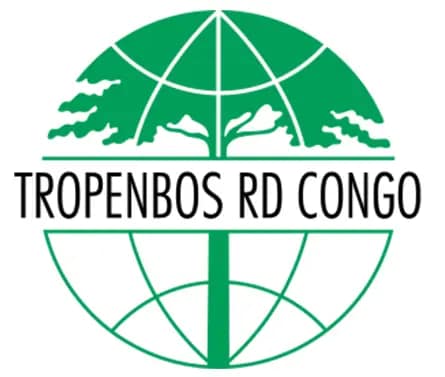
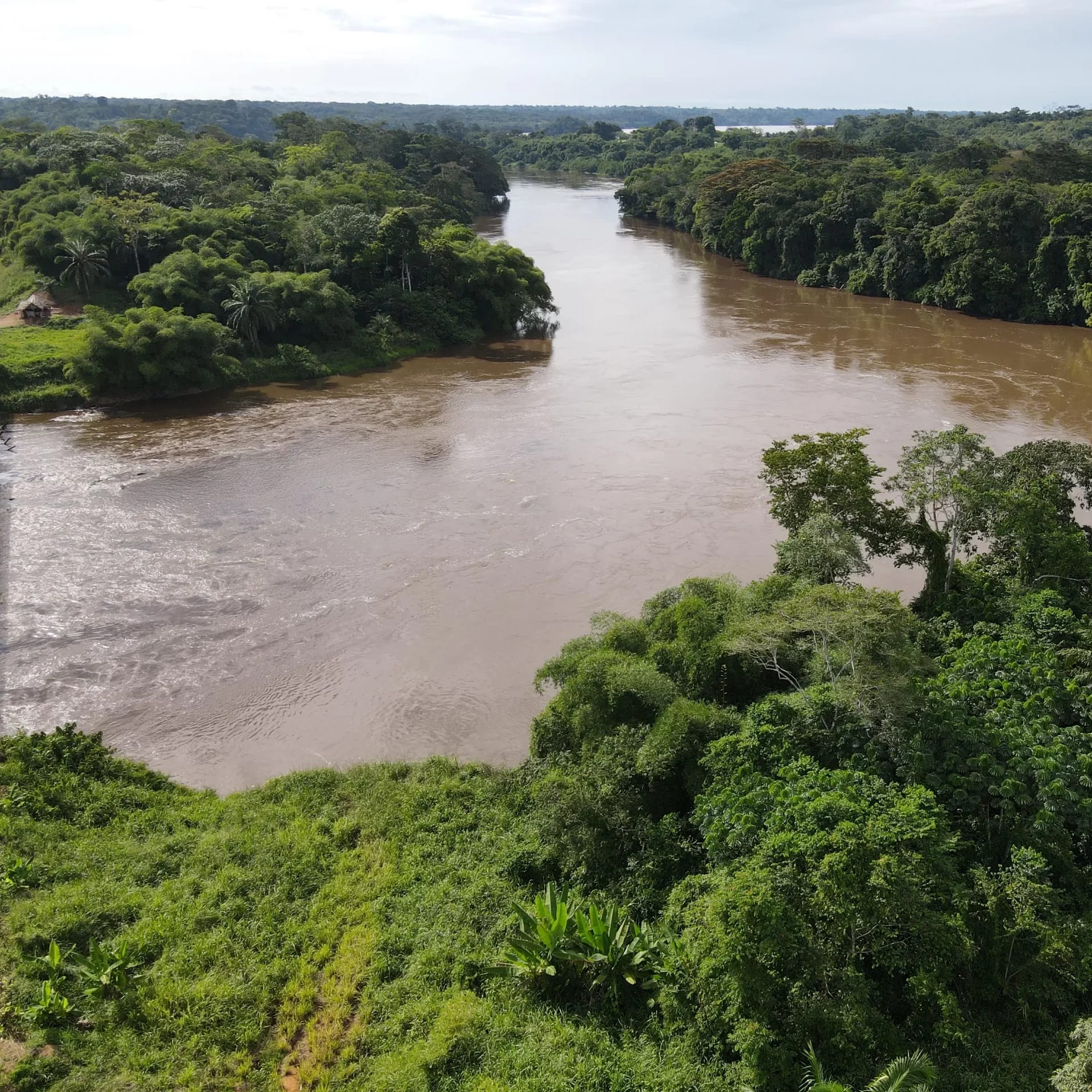
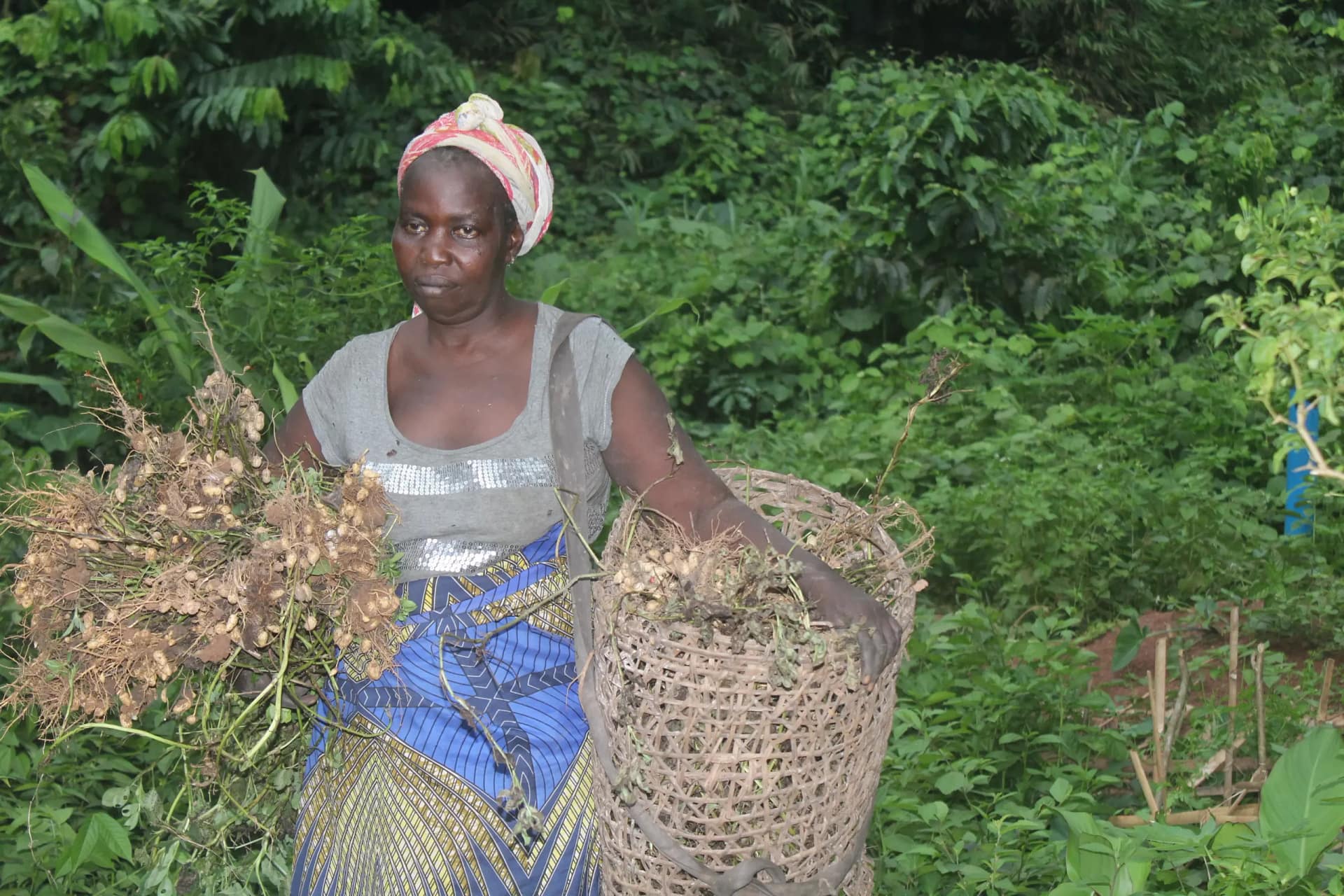

Biodiversity Bridges
Since 2025
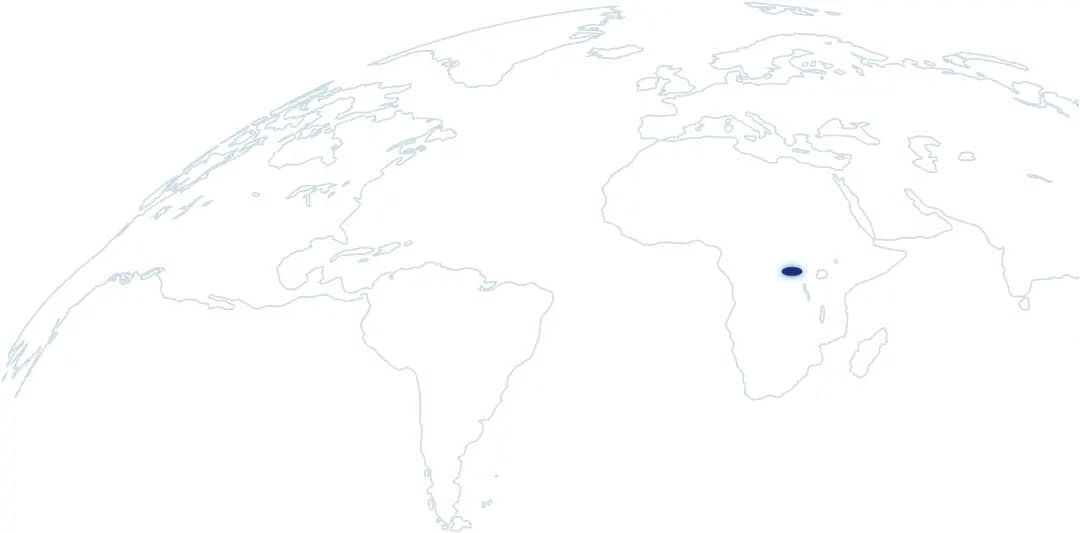
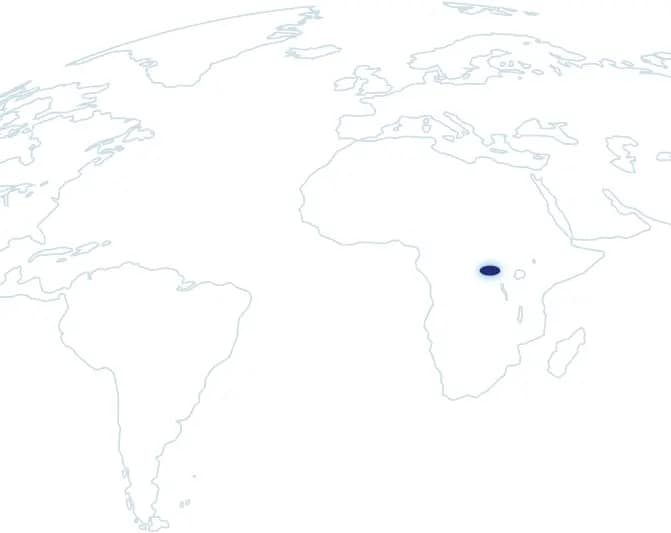
The Bafwasende landscape in the Democratic Republic of Congo spans 4.7 million hectares and is home to over 450,000 inhabitants—among the poorest communities in the country. With approximately 98% forest cover, Bafwasende harbors exceptional biodiversity and serves as a core forest area within the Congo Basin.
However, these forests are increasingly at risk. Along the main road traversing Bafwasende territory, forest clearance is accelerating due to agricultural expansion, particularly for cacao cultivation. In addition, the land rights system remains unclear, contributing to local conflicts.
Bafwasende has become a forest frontier, shaped by migration, economic expansion, and improved accessibility. People from North Kivu and Ituri are moving westward in search of affordable arable land, bringing entrepreneurial initiatives and trade networks that are driving growth in timber extraction and artisanal mining.
This programme aims to establish a network of interconnected, well-managed local community forest concessions (CFCLs) that serve as buffers to protect remaining intact forest areas and preserve biodiversity in the surrounding hinterlands.
This programme, led by Tropenbos DR Congo, supports:
Note: this programme is linked to the Biodiversity Bridges programme of IBIF in Bolivia. IBIF and Tropenbos DR Congo aim to strengthen their capacity to apply and advocate for evidence-based landscape approaches, drawing from shared experiences, best practices, and lessons learned.
The programme has two main objectives: